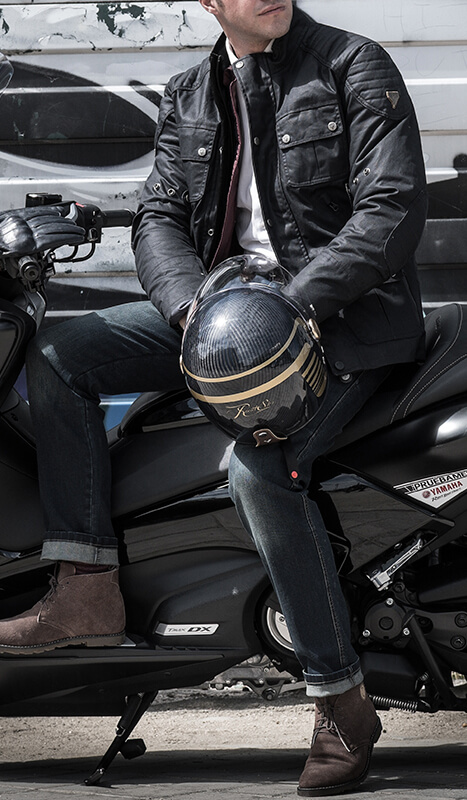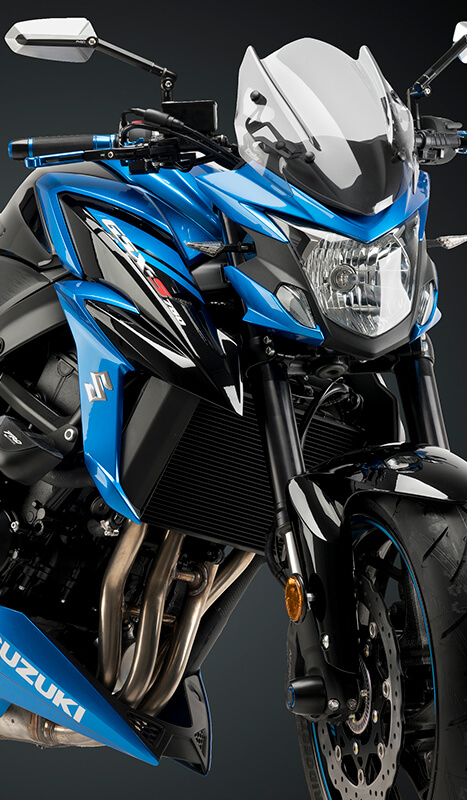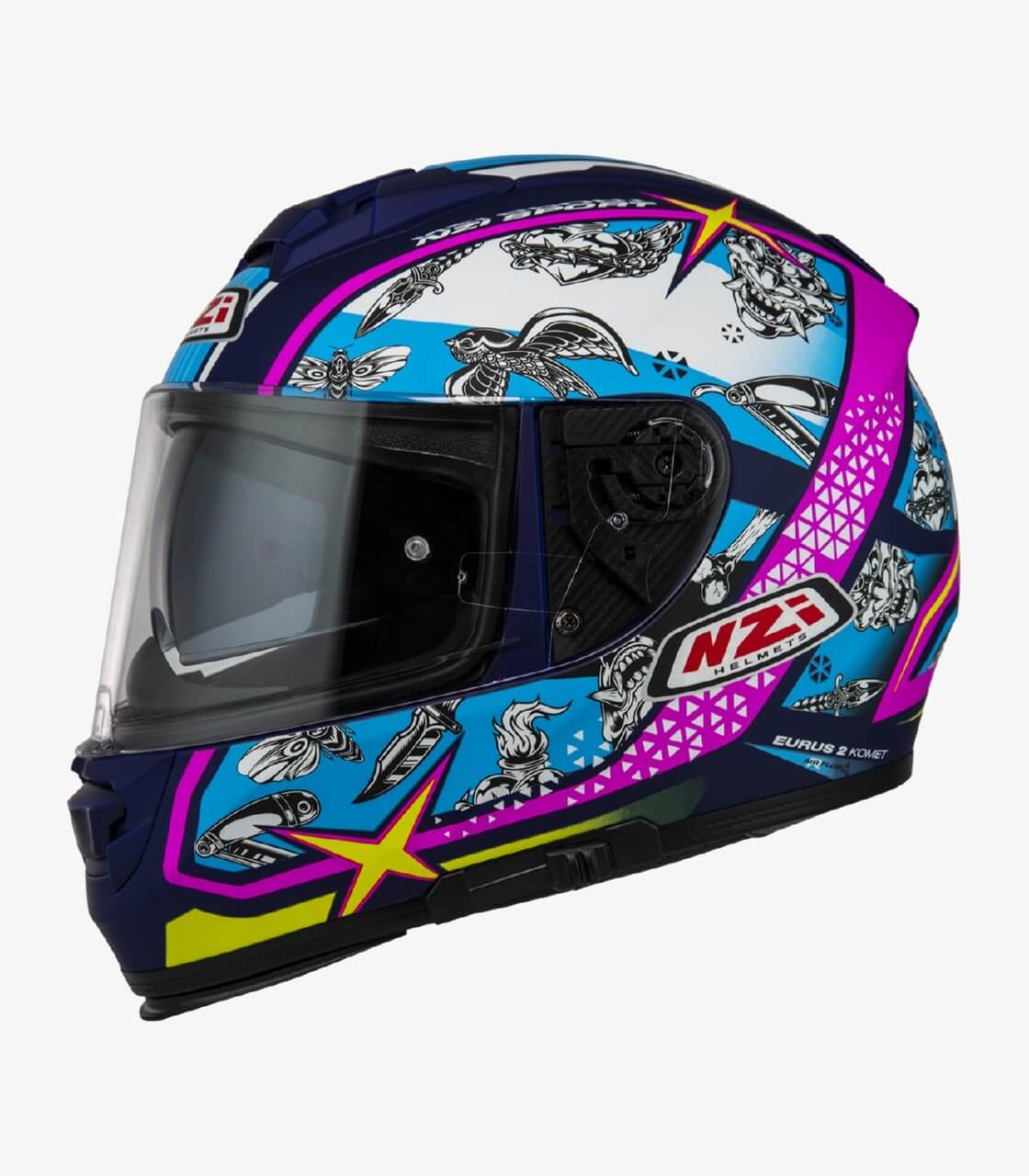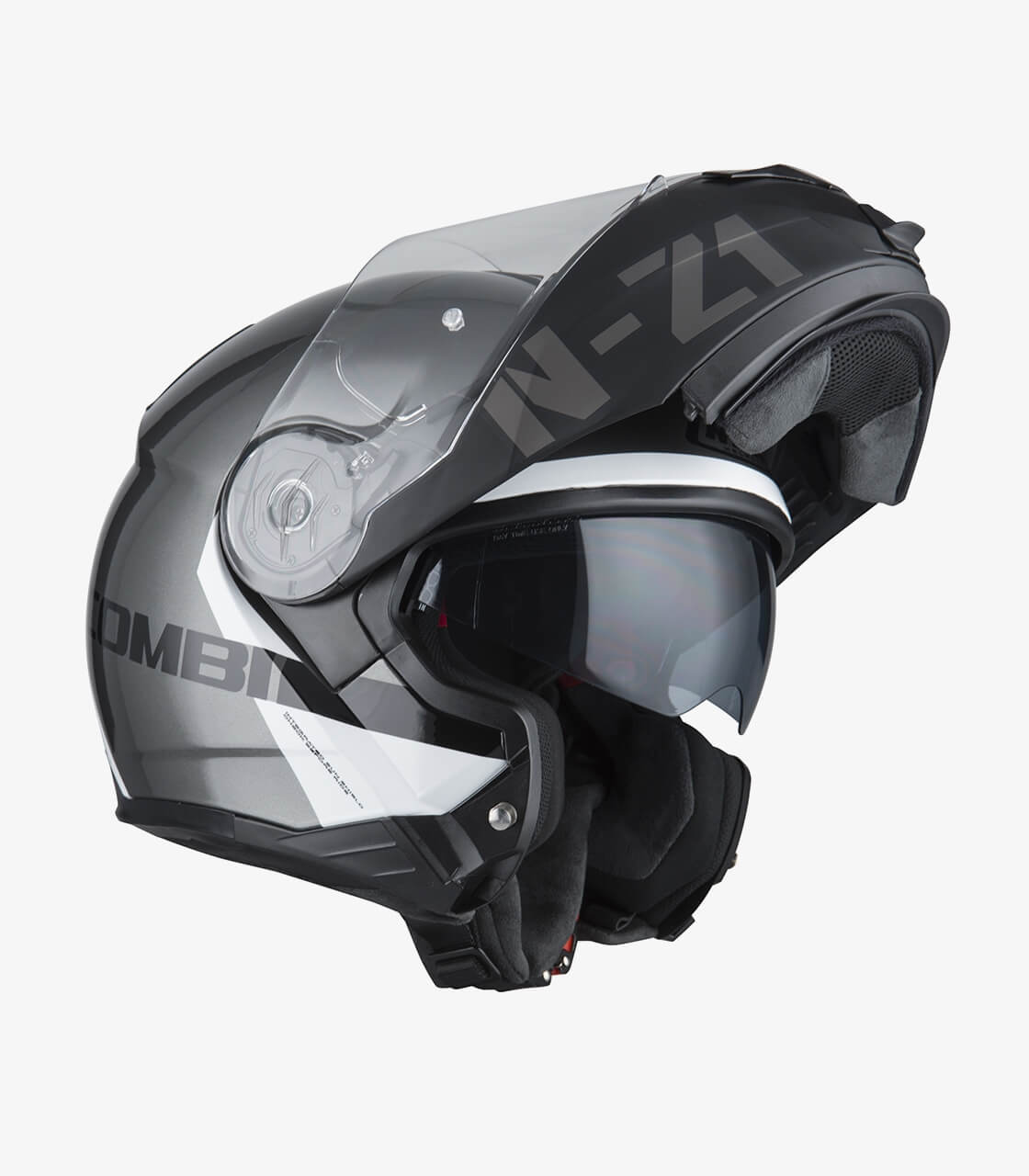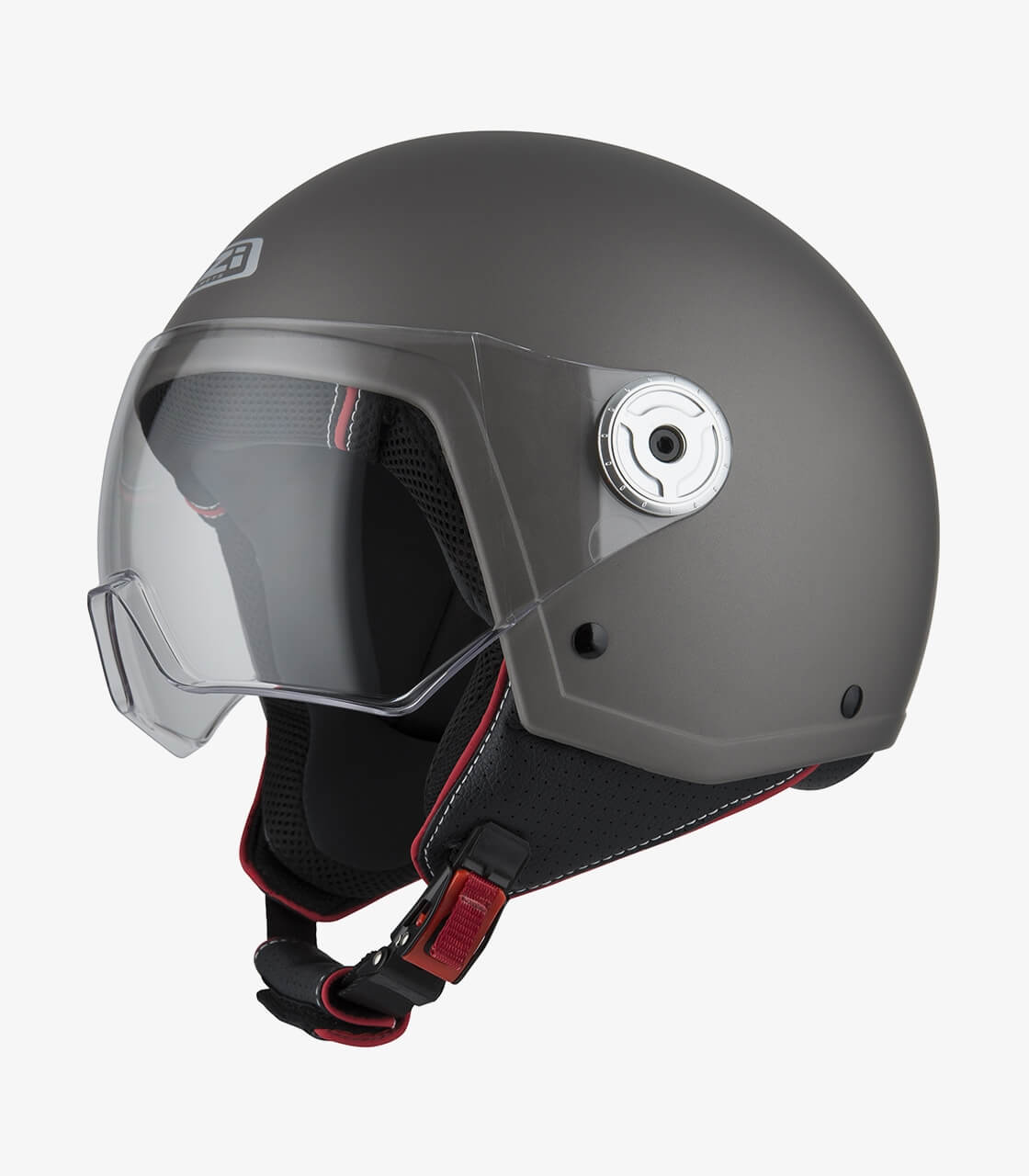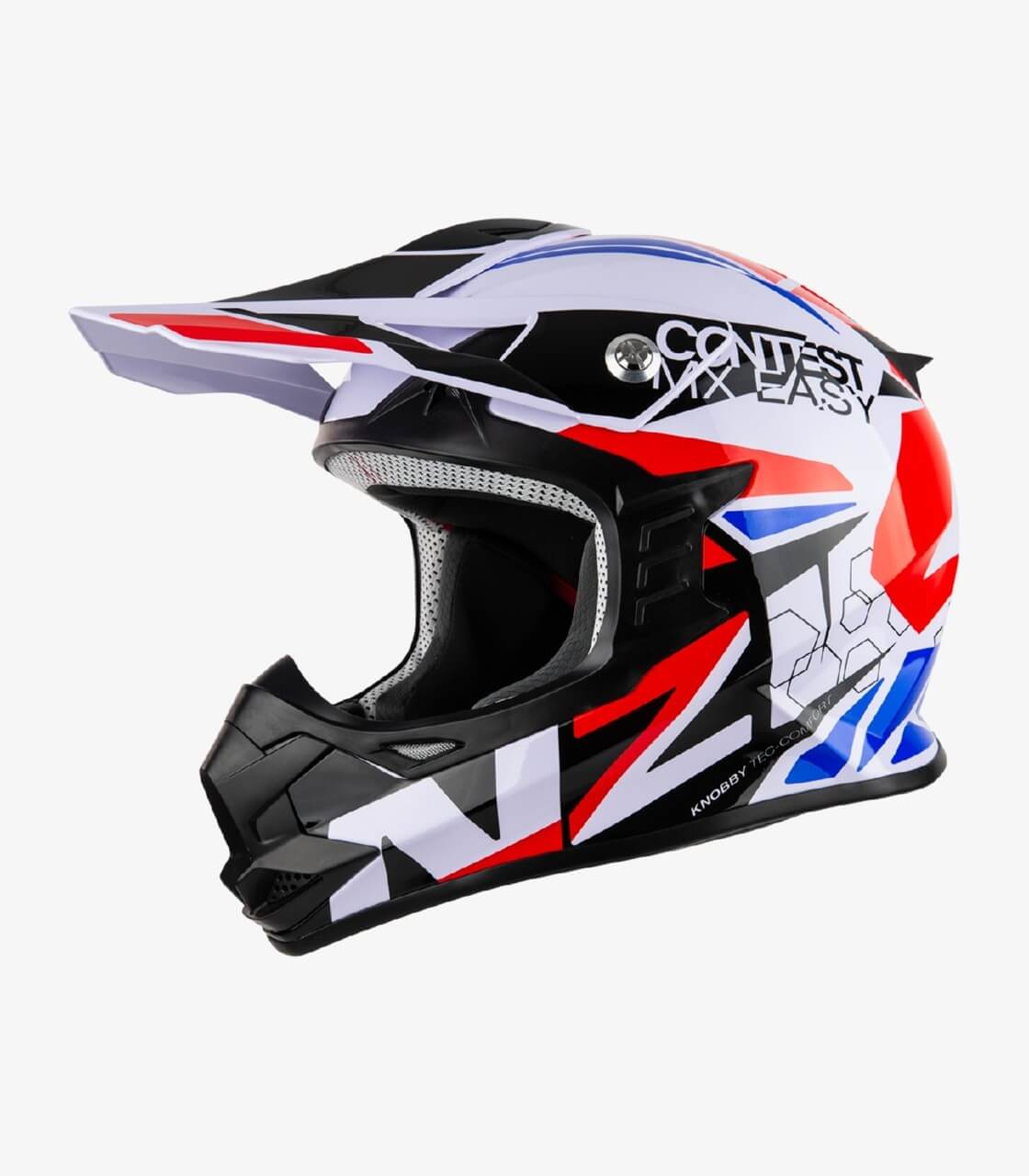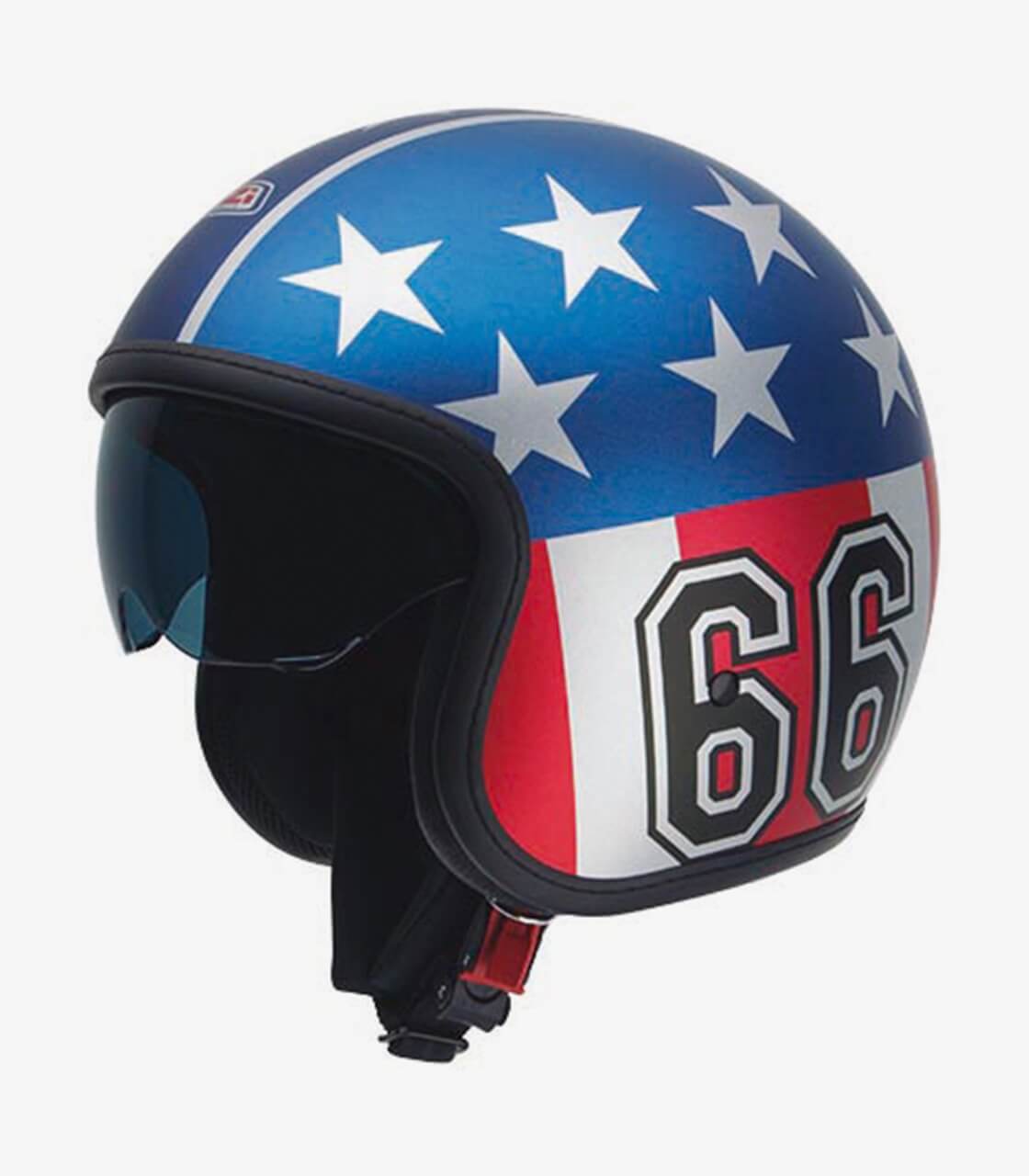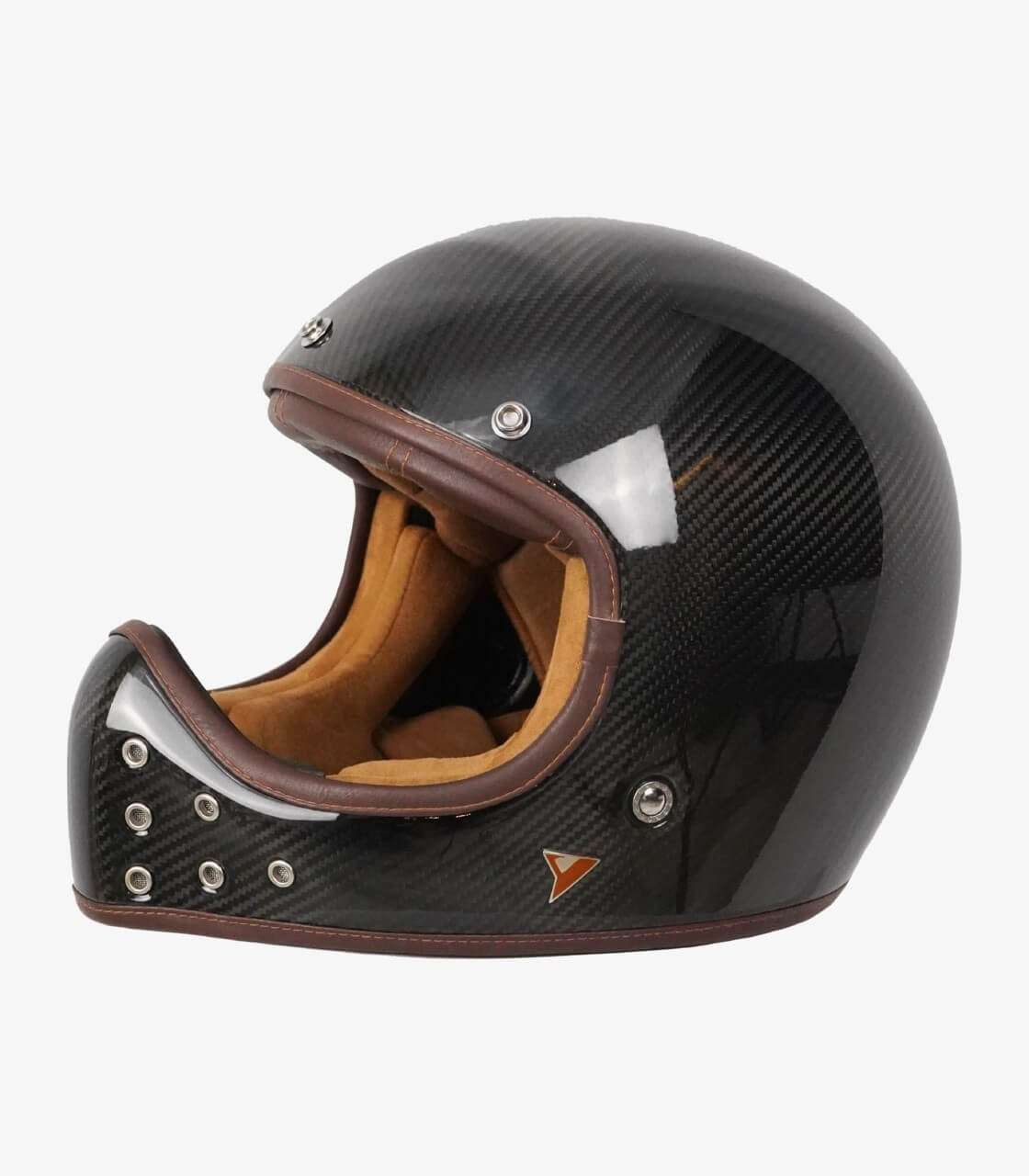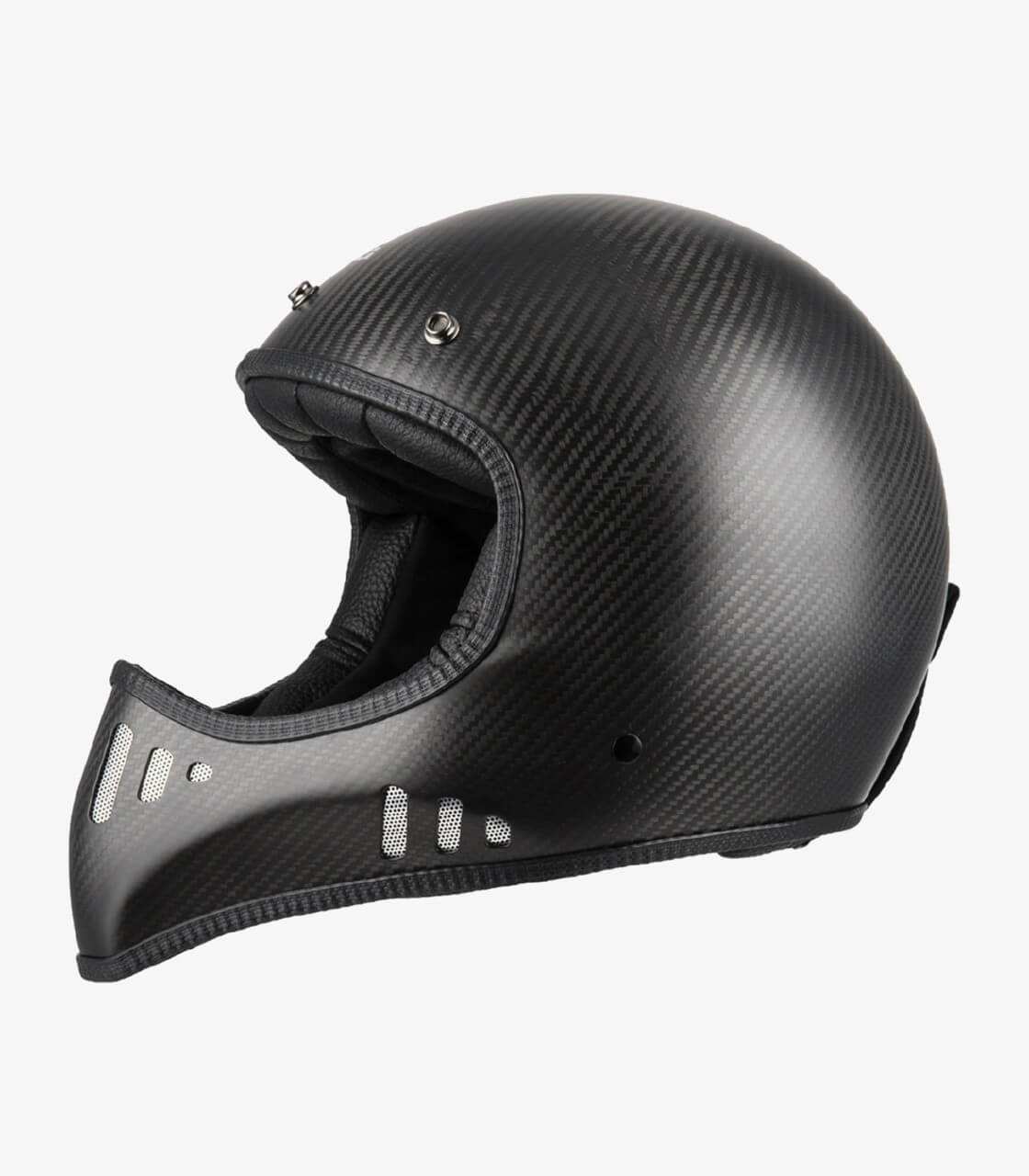Mandatory and essential, the motorcycle helmet is one of the most important accessories a motorcyclist must equip themselves with before starting the motorcycle. At ACMOTOS, we'll help you choose a motorcycle helmet.
Choosing a motorcycle helmet can be a complex process due to the many different helmets available. Here you'll find answers to the most basic questions that will help you choose a motorcycle helmet.
What should you look for?
There are many aspects to consider when deciding which motorcycle helmet to buy. One of the most basic is certification. Ensuring a helmet is certified gives you the certainty that it's safe. We recommend looking for certifications such as ECE 22.05, DOT, or SNELL, depending on the region you're in.
These certifications are used to ensure that the materials used in the helmet are suitable, and therefore, the helmet can fulfill its intended purpose without any issues.
In addition to certification, another aspect you should consider is helmet sizing. It's essential that the helmet fits well, so you should pay close attention to sizes to choose the helmet that corresponds to what you need. If the helmet doesn't fit properly because it's too large, it won't provide adequate protection.

A motorcycle helmet should fit snugly but shouldn't press too hard. Of course, the helmet shouldn't move at all when you turn your head. Choosing the right size is also essential to ensure good vision. Peripheral vision in a helmet is crucial because if we don't have proper vision, we're risking our safety on the road.
If possible, it's important to try the helmet on first to make sure the size is correct and also check that you can see in all directions without any obstructions. In addition to helmet sizing, we also recommend checking if it has a good ventilation system, which will make wearing the helmet much more comfortable.
Which helmet types are most recommended for each motorcycle style?
Several different helmets might meet the necessary requirements to be a good helmet. The choice of helmet type is very personal, although it's also essential to consider how you plan to use the motorcycle to choose the most recommended helmet.
Full-face helmets
If you're going to undertake long journeys and travel at high speeds, we recommend choosing a full-face helmet. These helmets are less comfortable than other models but offer more comprehensive protection. This type of helmet is typically used for touring, sport, and naked motorcycles.
Modular helmets
Another option is a modular helmet. Modular helmets perfectly combine a full-face helmet's features with the comfort of an open helmet. These helmets are very appealing as they allow you to lift the front part to talk or, if you wish, drink something without having to remove the helmet.
Jet helmets
Jet or open face helmets are lighter and offer exceptional peripheral vision. These helmets are more comfortable but provide less protection. They're suitable for slower speeds, for example, short city commutes or leisure rides. These are often used for Scooters and Classic Naked bikes.
Enduro and Motocross
Another option is off-road helmets. These helmets are designed for all terrains. Even though they offer less protection than full-face helmets, they are known for better ventilation and vision.
Custom
Custom helmets resemble jet helmets. The main difference is their characteristic "vintage" designs, offering an older look with a wide variety of styles and colors to match any vintage motorcycle type.
Cafe Racer
Cafe Racer helmets are iconic and unique, specifically designed for retro bikers. These helmets feature designs reminiscent of the 1950s. They're usually Jet-type, similar to Custom, although full-face models are also available.
Which material should you choose?
One of the keys to being comfortable with a helmet is knowing which material is best for motorcycle helmets. Depending on the chosen material, the helmet's weight will vary, affecting comfort.
If you're looking for a balance between safety and comfort, one of the materials to consider is fiberglass. This material is lightweight and durable, making it a good option.
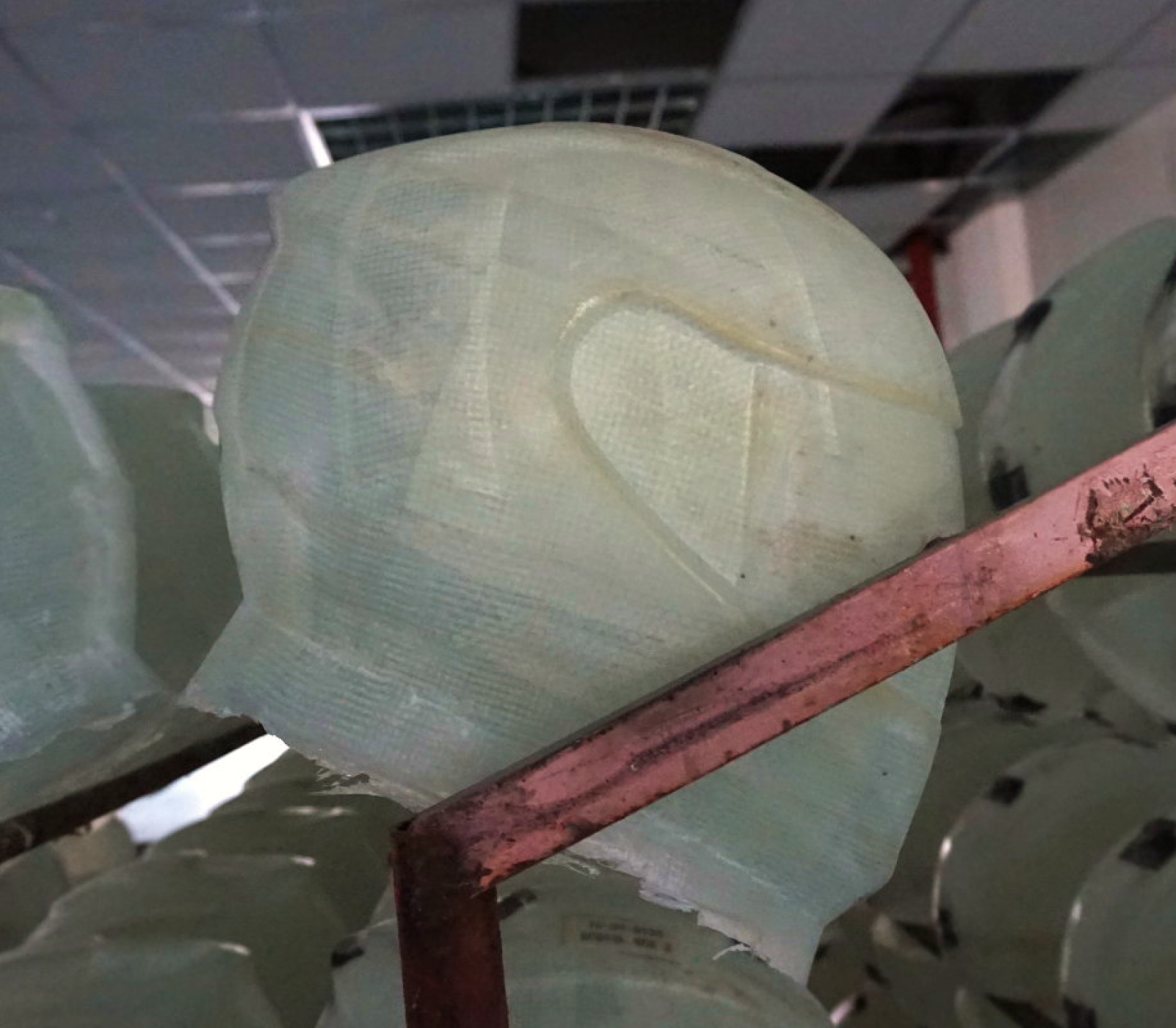
If price is a concern, a much more affordable option is polycarbonate. Helmets made of this material are much more economical and lightweight, but they offer less protection. Depending on how you use the motorcycle, it may still be a valid option.
Lastly, one of the best options is carbon fiber. These helmets are the lightest and also very durable. The main drawback with carbon fiber helmets is that they are more expensive than the others. Depending on the material the helmet is made of, you can consider a motorcycle helmet's weight.
When deciding which motorcycle helmet to buy based on weight, it's a personal decision. Lighter helmets reduce fatigue and neck strain, making long trips more enjoyable. However, safety should never be compromised for comfort.
Regardless of how you feel, you can choose a lighter or heavier helmet. What's essential regarding how a motorcycle helmet should fit is that it should be snug and not move. This feature is vital, regardless of the helmet's design or weight.
